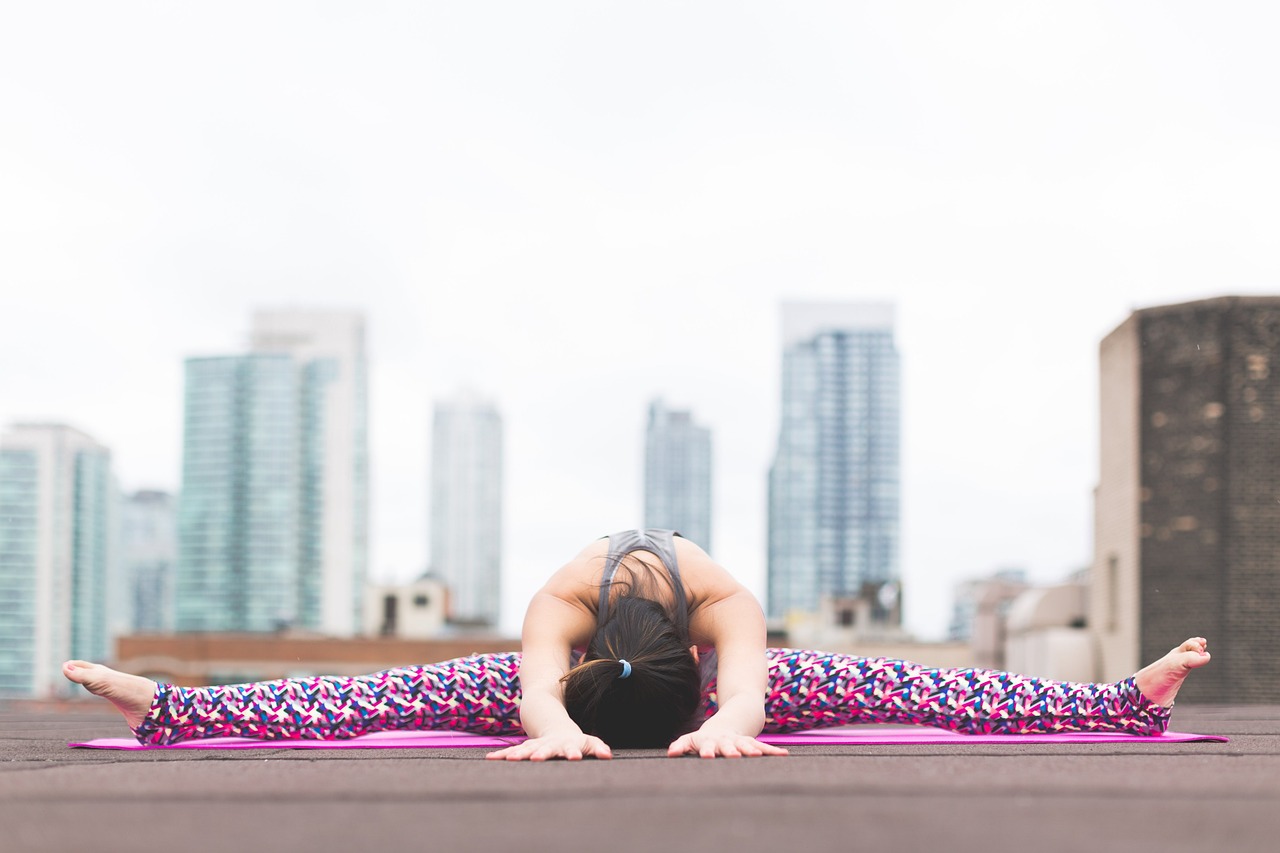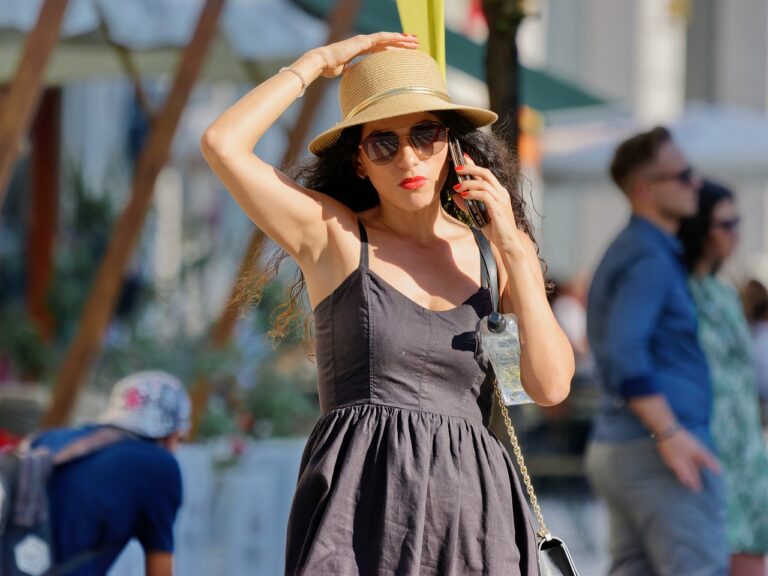The Psychology of Fashion: Understanding Consumer Behavior
When it comes to making fashion choices, our psychological factors play a significant role in influencing what we decide to wear. One of the key factors is self-esteem, as individuals tend to choose clothing that makes them feel good about themselves and boosts their confidence. The colors, styles, and brands we choose are often a reflection of our inner feelings and attitudes towards ourselves.
Moreover, our mood can also impact our fashion choices. People are more likely to opt for bright, bold colors when they are feeling happy and upbeat, whereas they may choose darker, more subdued tones when they are feeling down or under the weather. Our emotions directly influence the way we perceive ourselves and the world around us, which in turn affects the clothing we select to wear.
• Self-esteem plays a significant role in influencing fashion choices
• Colors, styles, and brands chosen reflect inner feelings and attitudes towards oneself
• Mood can impact fashion choices; bright colors when happy, darker tones when feeling down
• Emotions influence self-perception and clothing selection
Impact of Social Media on Consumer Behavior in Fashion
Social media has revolutionized the fashion industry by providing a platform for consumers to engage with brands and influencers like never before. With the rise of platforms such as Instagram and TikTok, individuals are exposed to a constant stream of fashion content that influences their purchasing decisions. The visual nature of social media allows users to easily discover new trends, products, and styling ideas, shaping their preferences and behaviors.
Consumers today are more likely to trust recommendations and endorsements from their favorite influencers on social media than traditional advertising methods. The authenticity and relatability of user-generated content create a sense of connection between consumers and brands, leading to increased loyalty and engagement. Social media not only serves as a tool for inspiration but also as a platform for consumers to express their individuality through their fashion choices, driving the demand for unique and personalized products.
Cultural Influences on Fashion Preferences
Fashion preferences are significantly influenced by cultural factors that shape individuals’ sense of identity and belonging. Different cultures have unique traditions, customs, and values that influence the way people dress and express themselves through fashion. For example, traditional garments like the kimono in Japan or the sari in India reflect not only the country’s history but also its cultural values and aesthetics.
Moreover, cultural events, celebrations, and rituals play a crucial role in determining fashion choices. For instance, in many African cultures, vibrant and colorful fabrics are worn during festivities and ceremonies to symbolize joy and prosperity. Conversely, dark and somber colors are worn during periods of mourning as a sign of respect and remembrance. The way people dress during these cultural events not only reflects their heritage but also communicates their values and beliefs to others.
How do psychological factors influence fashion choices?
Psychological factors such as self-esteem, confidence, and personal values can play a significant role in influencing an individual’s fashion choices. People may use clothing as a form of self-expression or to convey a certain image to others.
How does social media impact consumer behavior in fashion?
Social media has a huge influence on consumer behavior in fashion. Platforms like Instagram and TikTok allow users to discover new trends, see what influencers are wearing, and shop directly from their favorite brands. This can lead to impulse purchases and a desire to keep up with the latest styles.
What cultural influences affect fashion preferences?
Cultural influences such as traditions, customs, and societal norms can greatly impact fashion preferences. For example, certain cultures may have specific dress codes for religious or ceremonial events, while others may prioritize comfort and practicality in their clothing choices.
How can individuals navigate cultural influences in their fashion choices?
It’s important for individuals to be aware of the cultural influences that may affect their fashion choices and to respect the traditions and beliefs of different cultures. By being mindful of the cultural significance of certain clothing styles or accessories, people can make informed decisions about what they wear.







